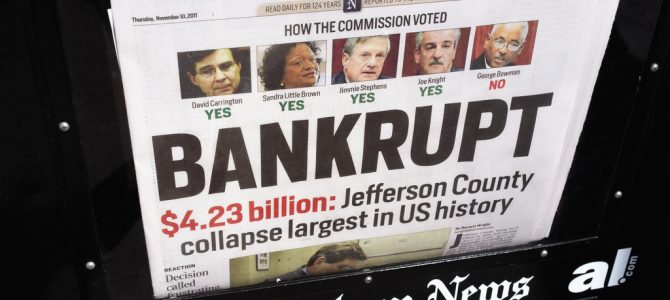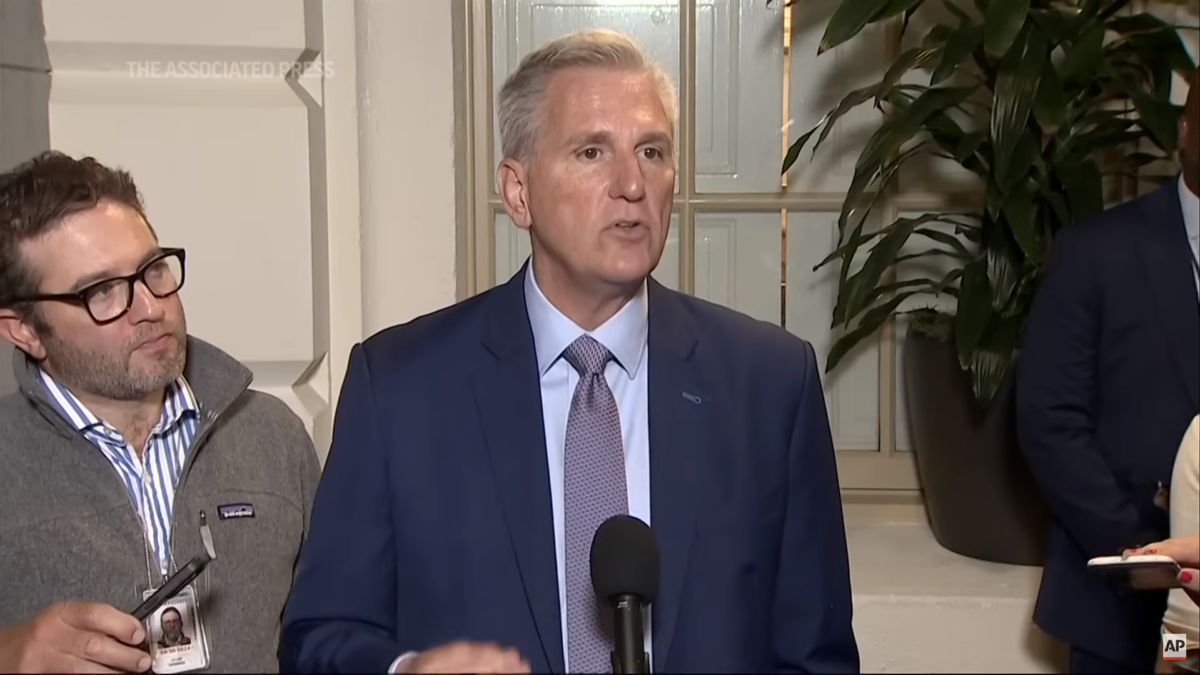
Federal issues tend to suck up the news cycle, thus, readers likely know more about federal debt than state and local debt, even though state and local debt drag the economy down at least as effectively. This is all the more ironic because local debt should be easier to control. In theory, local voters should have more knowledge and could have more say in state and local budgets.
Alas, the ratings draw to national news wins. Local issues should get most of our attention but do not. In the case of public debt, politicians are able to make promises without having to worry about transparency or its consequences, like honesty and effectiveness. Thus, America is drowning in state and local debt.
How the Local Debt Explosion Happened
A few decades ago, retirement plans were defined benefit plans. At retirement, the plan would pay for specified benefits, such as a percentage of salary and medical coverage. But as life expectancy rose and medical care became more involved, defined benefit plans became astronomically expensive and completely unpredictable. (Long-term care insurance provides an excellent example. See second half.)
To the extent it was possible to figure out how much money to invest to sustain the retirement benefits, the amount could smother the underlying company. Cogswell Cogs couldn’t make cogs or even hire new cog makers if they had to send a large and growing chunk of their income to sustain retirement plans for former cog makers.
Hence, most private companies moved to defined contribution plans back in the ’80s. In defined contribution plans, most commonly known as 401(k)s, the employee and company pay a specified — and tax exempt — amount into an employee’s retirement fund. Then, at retirement, the employee gets that account to use as needed.
Cities and states, however, stuck with defined benefit plans for their employees because politicians could offer luscious benefits to entice union voters but wouldn’t likely still be in office when the bills for those benefits came due and the public discovered that they didn’t have the money to pay. It is a classic case of moral hazard. The politicians lied to the public employees and bought their votes with theoretical funds.
In my hometown of Houston, the big bump was under Mayor Lee P. Brown in 2001.
The decision by Mayor Lee Brown’s administration in 2001 to grant across-the-board generous retroactive benefit enhancements bankrupted the three pension systems. Lack of transparency around the process of recommending, pricing and approving the new benefit structures resulted in insufficient scrutiny awarded to this decision at the time. Computing benefits is technically complex, highly sensitive to assumptions and generally of little interest, if not at all boring, to the broader public. City administrators agreed to the proposed changes (from which many of them themselves benefited), based on erroneous cost assumptions and under pressure from pension boards also overwhelmingly staffed with beneficiaries.
When the systems showed signs of extreme stress just two years later, Brown blamed the actuaries. Suddenly the amount of money the city needed to pitch in to keep the funds funded threatened the city’s ability to provide current services. So the city did not make the required contributions, and the debt grew.

Graph from the Kinder Institute at Rice report on Houston pension liability.
Other cities have similar tales. Just up the road, Dallas has been flirting with bankruptcy over their police union fund. Search for pension debt news for your hometown and a tale of fiscal hide and seek will probably pop up. Or, consider the teacher plans’ problems. The touted big benefits are an illusion. There isn’t enough money to pay them.
This Problem Is Systemic Nationwide
The problem is systemic across the nation. So are the continued games. Flash-forward 15 years to the present day, and the current mayor of Houston, Sylvester Turner, is having to deal with our pension debt problem. The accounting tricks mayors Brown, White, and Parker used are almost at the end of their ability to hide the truth that the benefit plans are not sustainable.
Since he won office in a close run-off in 2015, Turner has been working on a pension deal, mostly behind closed doors. Turner’s office came up with a plan last September. After a series of requests he finally made most of that plan available to the public in December, before sending it to the state legislature for approval in January. The Lege (as we call it in Texas) has been reluctantly wrestling with the details ever since.
The major obstacle to agreement has been the mayor’s refusal to even consider any manifestation of defined contribution plans, not even for new hires. That brings us to a delightful opinion piece from Monday’s Houston Chronicle. Hours before the Texas Senate voted on the issue, Lisa Falkenberg wrote this:
First, let me tell you the way I expected to start this column.
Mayor Sylvester Turner has been working a long and tedious 14 months with Houston police, fire and municipal employees to hammer out a solution to the city’s $8 billion pension crisis, which was 15 years in the making.
Turner has gotten farther than any previous mayor at reforms, but, after a series of challenges by conservatives, negotiations are down to the wire….
And now some wise guy in the private sector thinks he can pen an 11th-hour op-ed in the Chronicle boasting of a bright idea that could better the plan, reduce risk to both employees and taxpayers, and finally end the game of chicken between supporters and critics?
I don’t think so!
Yes, that would have been the easiest thing to write. But logic is a stubborn thing.
When I talked Friday with the aforementioned wise guy, Christopher Zook, I couldn’t ignore that some of what he said made sense. ‘The mayor’s plan has a lot of good things, but what if it doesn’t work?’
“What if it doesn’t work?” Contrary to her assertion that the conservative idea is an eleventh-hour play, that realization is the eleventh-hour revelation. State and local pension fix attempts have never worked because state and local politicians are hopelessly devoted to defined benefit pension schemes.
The “series of challenges by conservatives” have been going on for years. I worked on the campaign that almost defeated Mayor Brown back in 2001. But Brown won the public unions with his retroactive pension hikes and pulled out a runoff squeaker. “Zook didn’t invent the cash-balance plan,” Falkenberg writes. No, he did not. Companies developed those as a response to the 1978 tax code revision.
Neither the objections to Turner’s schemes nor the proposed solutions are new. If a cash balance plan trigger seems like an eleventh-hour debate entry, it is only because Turner’s plan is in extreme peril so now his team is finally listening.
The Turner administration has shunned reason on anything that hints of defined contribution plans, and so has every other local pol or union boss touting defined benefit zombie plans all across the country. Under defined benefit plans, politicians and union bosses have power. In contrast, defined contribution plans may work for the employees—and the taxpayers who ultimately have to pay these debts, but who never seem to have a seat at the negotiating table—but at the expense of the politicians’ and union bosses’ power.
And that is why America’s states and cities are drowning in debt.









